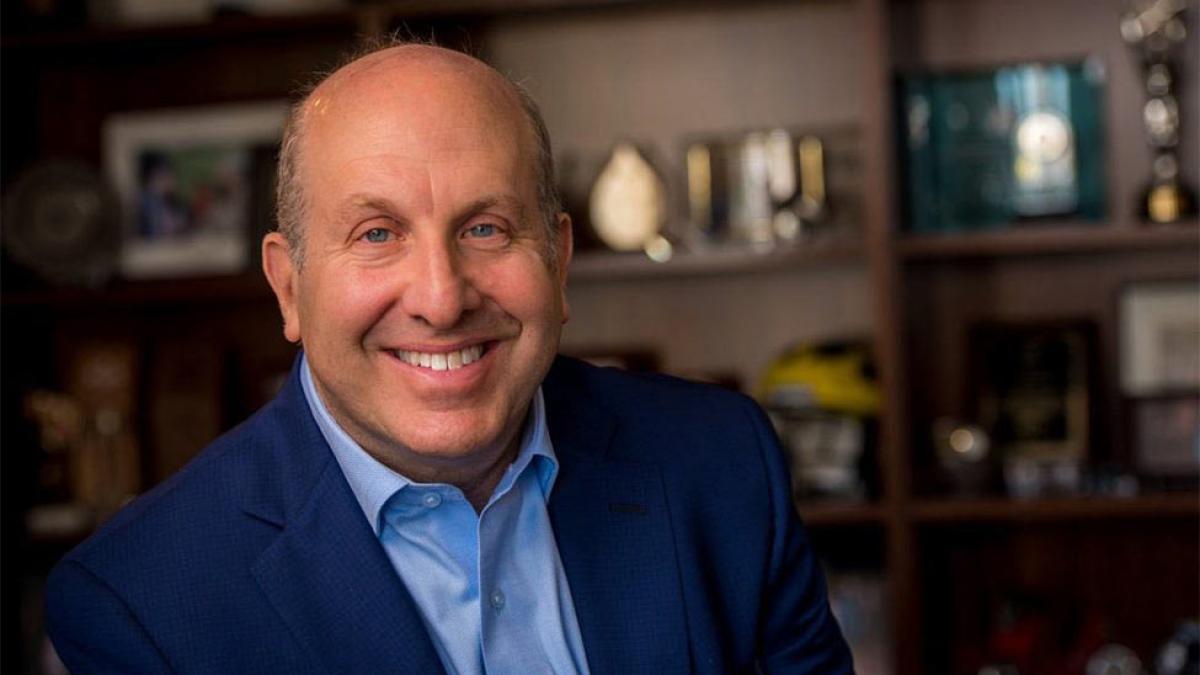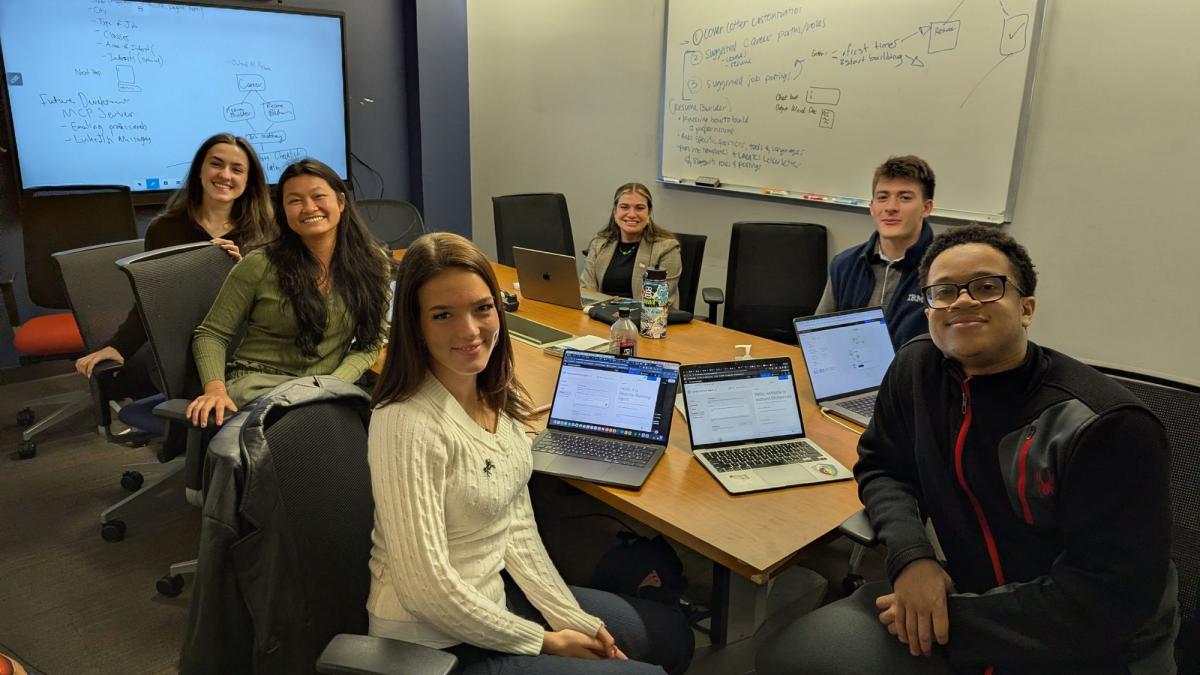
Your Next Trip Could Be Riskier Than You Think—Here’s Why
Lubin Professor Andrew Coggins provides expert insight to Forbes on how travelers can evaluate safety risks in an increasingly volatile global environment. He notes that determining whether a destination is dangerous requires balancing personal risk tolerance with real-time conditions, and that indicators such as unstable governments, civil unrest, and high crime often surface before they make headlines.
Universities Seek NYC Real Estate In Effort To Keep Their Relevance
Bisnow reports President Krislov joined higher ed and real estate leaders to discuss how universities are reshaping New York City’s real estate landscape to stay relevant and competitive. The piece notes Pace’s role—alongside institutions like New York Law School and Vanderbilt University—in leveraging campus investment, location, and property strategy to support enrollment, student experience, and long-term institutional resilience.
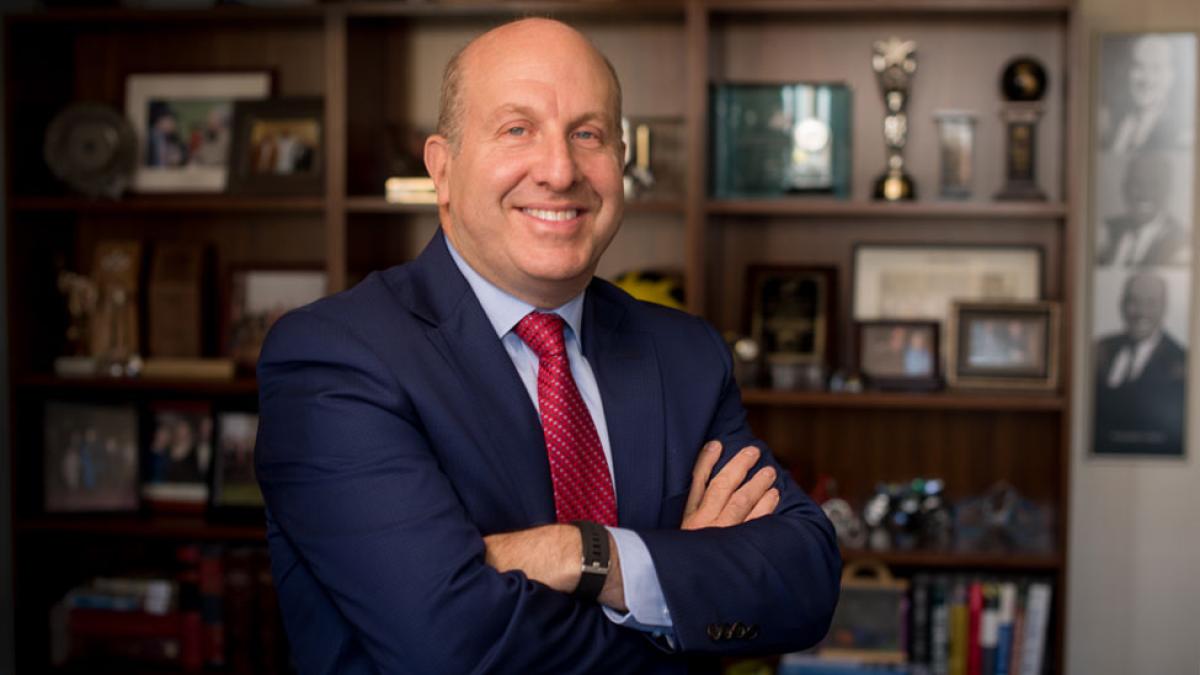
Op-Ed | New York’s Court of Appeals Allows Jury Of 11 To Convict Criminal Defendant
Pace Haub Law Professor Bennett Gershman pens an op-ed in amNewYork responding to a historic decision by the New York Court of Appeals that, in one case, allowed a criminal conviction by a jury of 11 after a defendant was found to have tampered with a juror. Professor Gershman explains the court’s reasoning and the broader implications for jury practices in New York’s justice system.
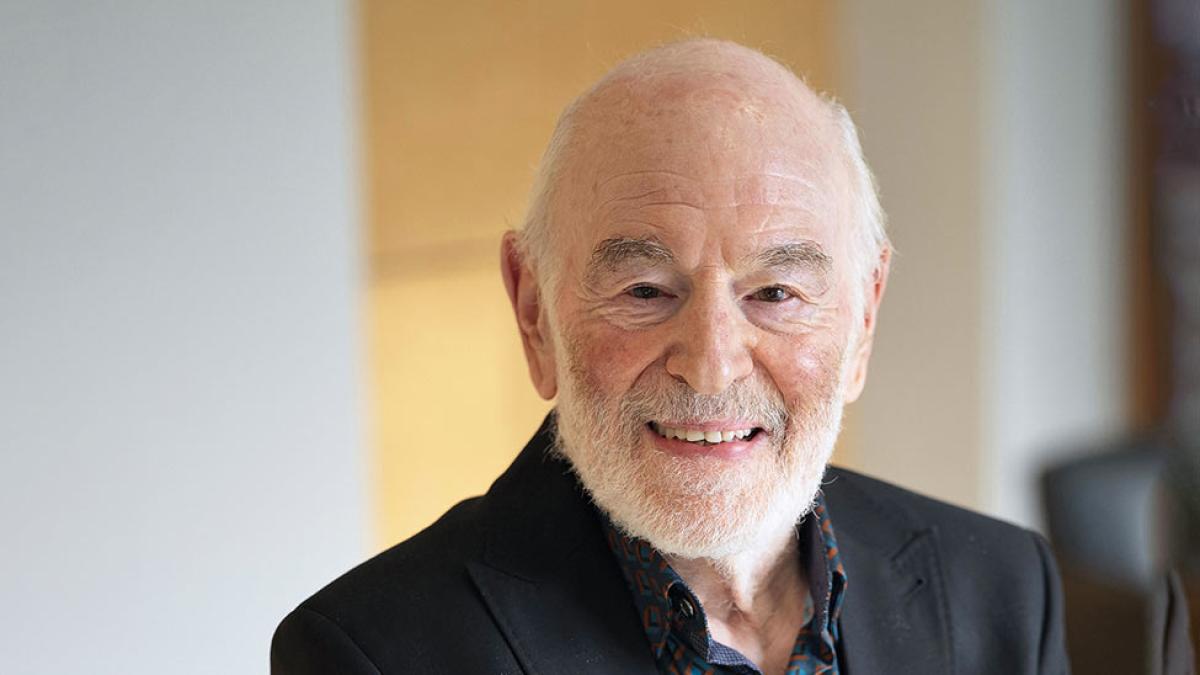
Apartment Living, Conflict Over Noise
Dyson Professor Seong Jae Min writes a piece in The Korea Times examining South Korea’s growing conflicts over apartment noise—everyday sounds that can escalate into major disputes. Drawing on cultural context and urban trends, he argues that resolving these tensions requires both improved building standards and stronger community norms.
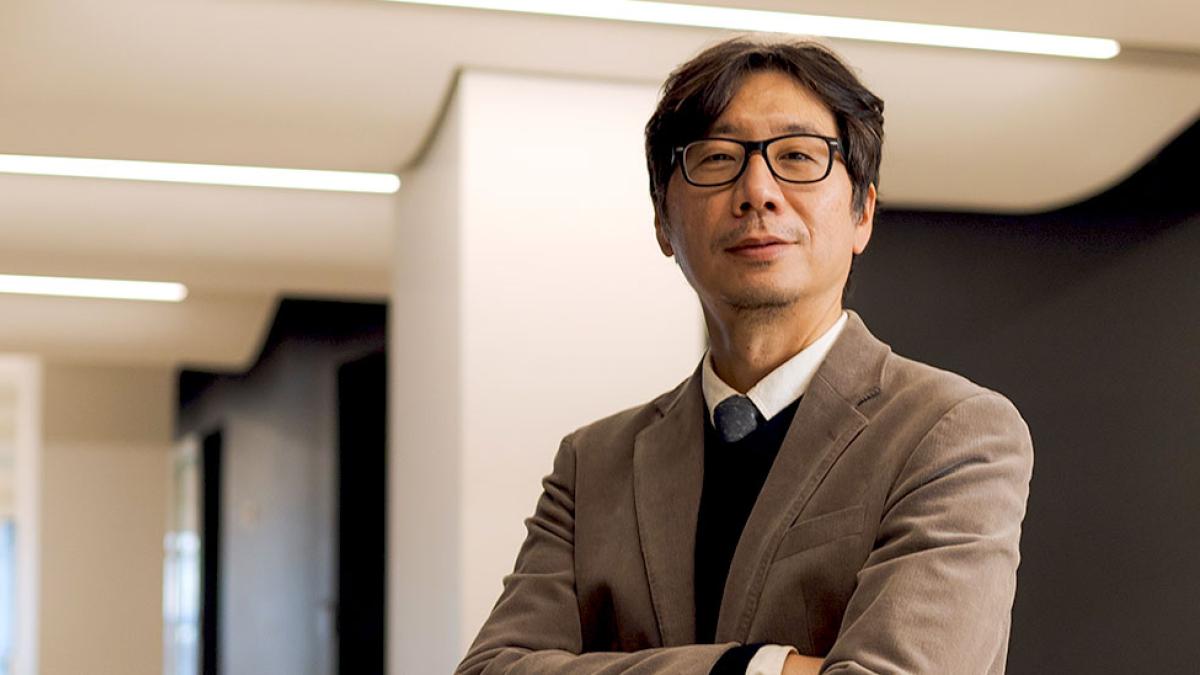
Alison Carr-Chellman Appointed Provost of Pace University
Women in Academia Report highlights a major leadership announcement: Alison Carr-Chellman has been appointed provost and executive vice president for academic affairs at Pace University and will begin her role on January 20.
Pace to Launch Bachelor of Science in Artificial Intelligence in Fall 2026
The Business Council of Westchester spotlights Pace’s expanding footprint in AI education, highlighting the launch of a new Bachelor of Science in Artificial Intelligence, beginning in Fall 2026 through the Seidenberg School of Computer Science and Information Systems.
States Where Unemployment Claims Are Increasing the Most
Dyson Professor Ric Kolenda was featured in WalletHub's recent article about Unemployment Claims.
Pace Students Build Real-World AI Solutions at IBM Hackathon
On December 5, 2025, IBM partnered with the Seidenberg School’s Pace Data Science Society to host a full-day hackathon at Pace University.
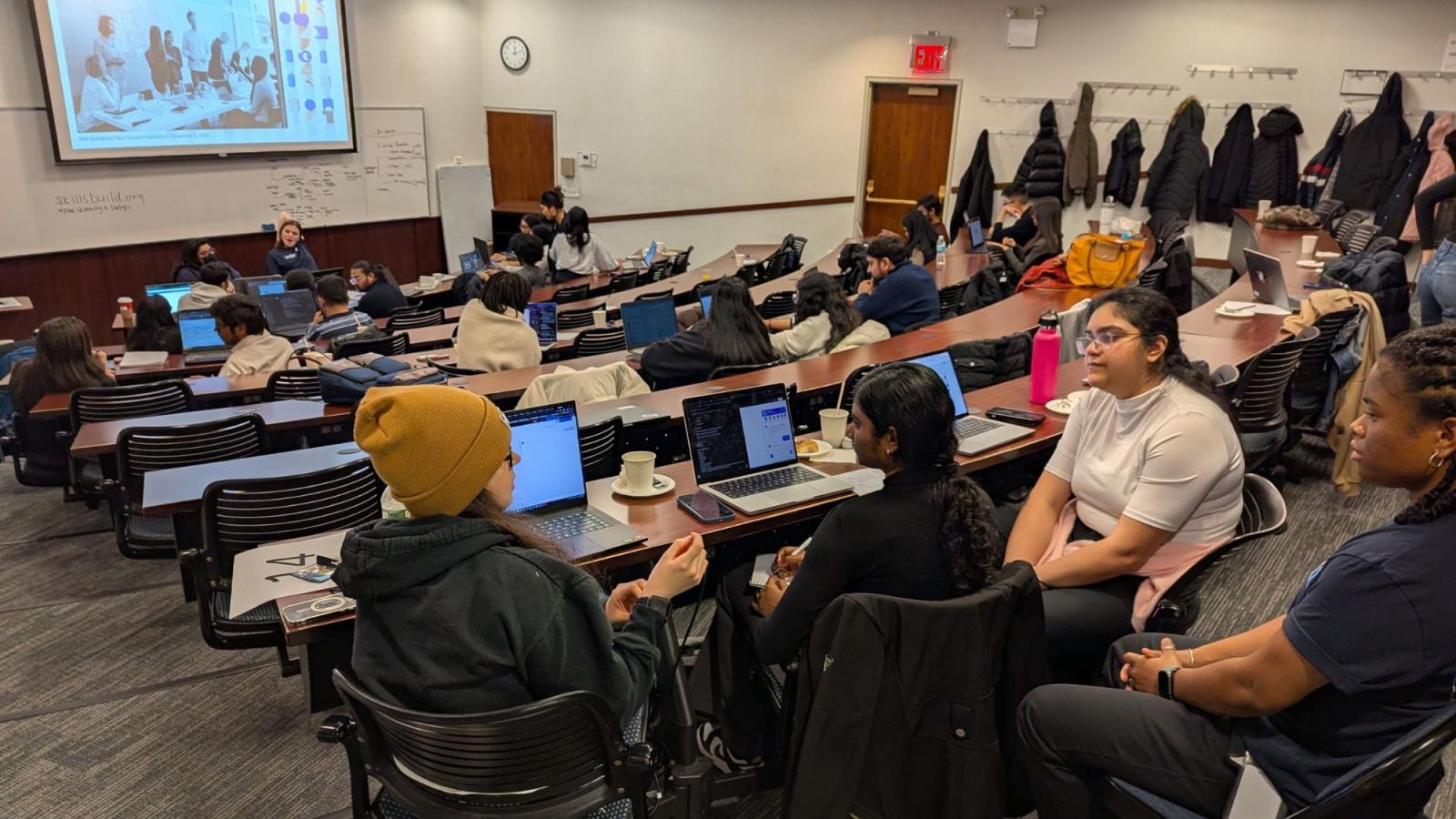
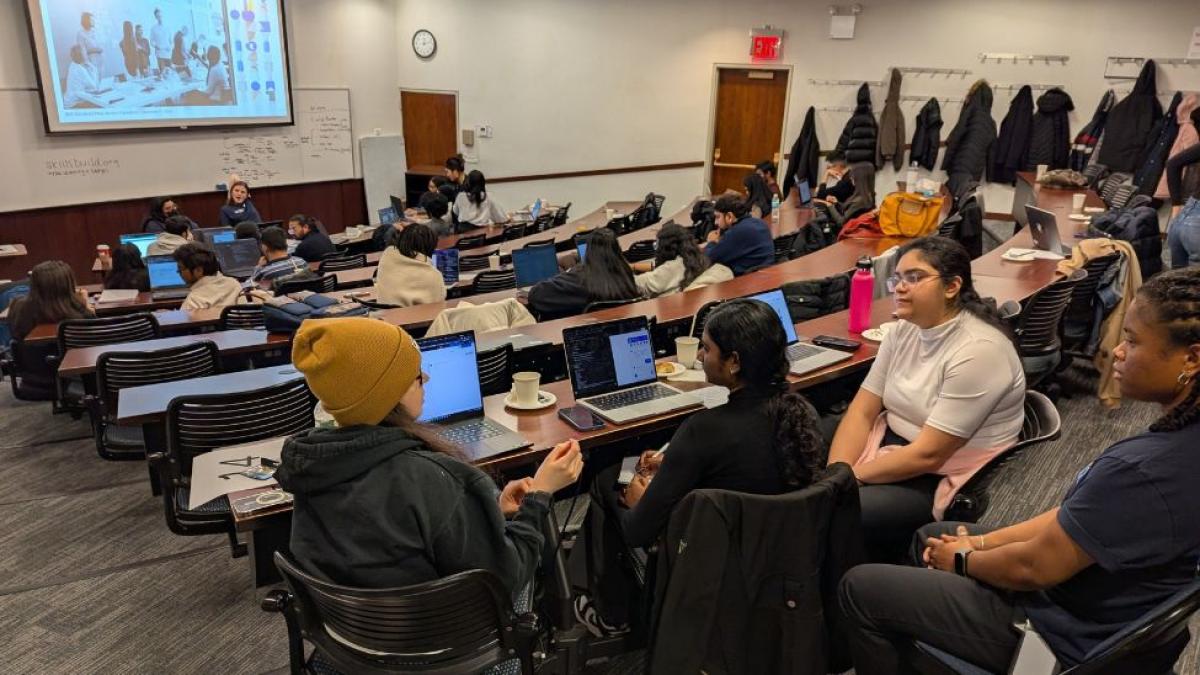
On December 5, 2025, IBM partnered with the Seidenberg School’s Pace Data Science Society to host a full-day hackathon at Pace University. The event opened with remarks from IBM technology leaders Jonathan Hill (Technology Executive Leader), Rich L’Insalata (Executive IT Architect), and Lindsey Sample (Technology Sales Leader), who introduced students to IBM’s AI workflow tool, Watson Orchestrate. The presentation included a practical demonstration of how the tool automates routine tasks, connects applications, and enables users to build streamlined workflows without advanced coding.
More than 15 IBM mentors were on-site to support student teams throughout the day, helping them explore real-world applications of Watson Orchestrate across four use cases based on actual Pace University web services. As teams analyzed their scenarios, developed ideas, built prototypes, and presented their solutions, their work showcased a range of inventive approaches and thoughtful problem-solving grounded in teamwork and technical skill.

A panel of judges—including Dean of the Seidenberg School Li-Chiou Chen, Pace University’s Interim Provost Jonathan Hill, Alex Weisman, and Seidenberg professors Jonathan Lee, Soheyla Amirian, Krishna Bathula—reviewed the final presentations and commended the teams for their clear communication, thoughtful effort, and effective problem-solving.
After a full day of collaboration and problem-solving, the top three teams included Team 6 (Melody Nguyen, Sofia Furda, Omari Nasir, and Ulyana Shyrokaya), who took first place; Team 12 (Raja Palagummi, Pranjali Changadkar, Aarian Varma, and Vishnu Sai Reddy) in second; and Team 1 (Nisarga Vishwamanjuswamy, Utkarsh Yadav, Palakben Shah, and Niharika Jagadeesh) in third.
The hackathon provided students with hands-on experience using professional tools and meaningful opportunities to engage with industry experts. By working through real challenges with guidance from IBM mentors, participants gained insight into how classroom concepts translate into practical solutions—highlighting the value of Pace’s experiential learning model and the strong industry partnerships that make these opportunities possible.
The Language of Business
Being able to analyze data in this day and age will take you very far. For so long, business students have been taught that spreadsheets are “King,” but the ability to extricate meaning from data is what will set them apart from the masses vying for top spots in companies and organizations. Sarita Himthani ’25 shares her thoughts on the importance of data science and its application across industries. Professor Vishal Lala, who teaches quantitative courses in marketing at Lubin, offers his expertise on industry’s need for data scientists who understand business. Prepare for the future by being data literate.
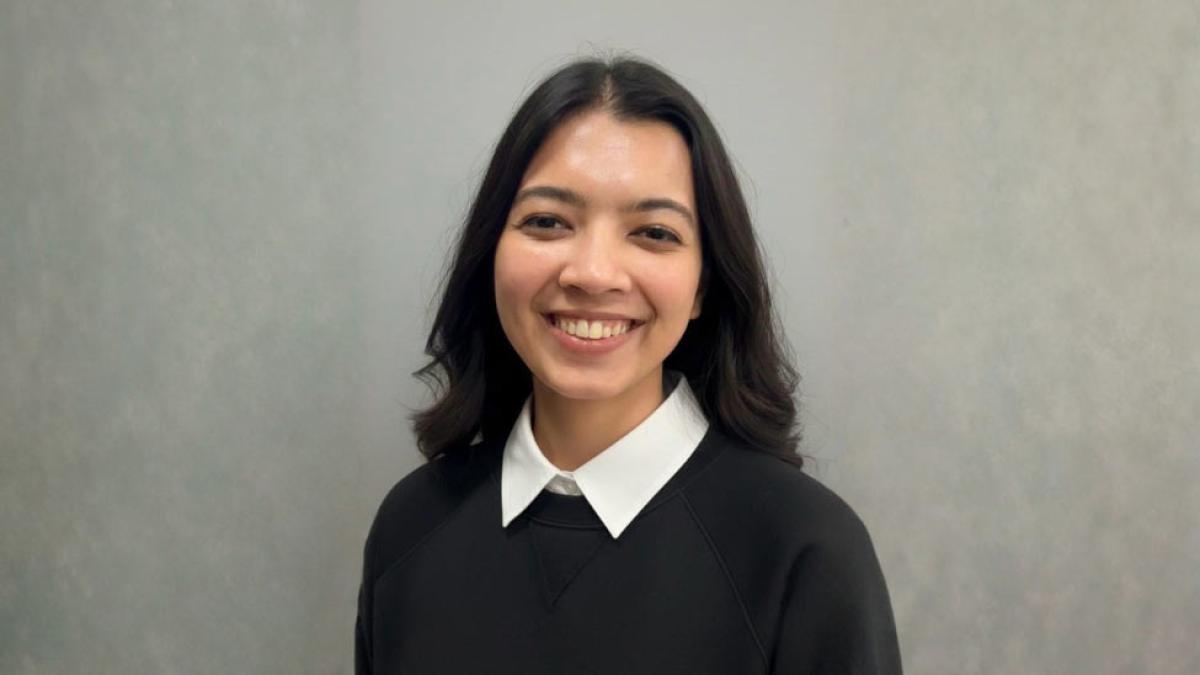
Sarita Himthani
Class of '25
Pronouns: She/Her
Currently Studying: MS in Information Systems, Data Science Concentration
Student Assistant, Lubin School of Business
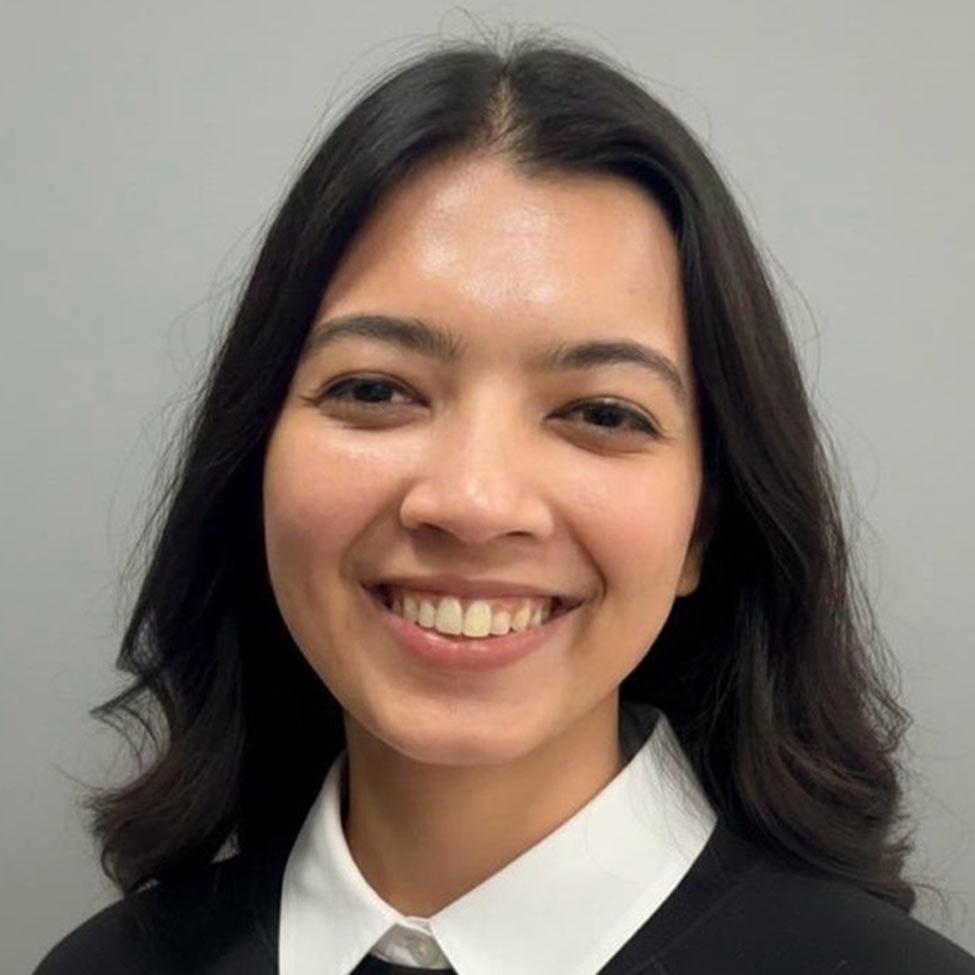
Not long ago, business students were taught that spreadsheets were enough. If you could calculate profit margins, build a budget, or analyze sales numbers, you were considered data savvy. Today, that’s only the beginning. Across every industry, companies are flooded with information—web traffic, customer preferences, supply chain metrics, even social media sentiment. Making sense of all this requires more than a good Excel formula. It calls for the tools and mindset of data science.
Data is now the language of business. Imagine walking into a meeting where the conversation revolves around customer lifetime value, churn predictions, or real-time inventory analytics. Without the ability to understand the numbers behind those terms, tomorrow’s leaders risk being left out of critical decision-making.
Professor Vishal Lala, PhD, who teaches quantitative courses in marketing at Lubin, has said: “Today’s businesses, armed with more data than ever before, are eager to unlock the power of data. They are looking for executives that have a sound understanding of business, have the ability to write computer code to analyze data, possess the statistical know-how to interpret it, and the acumen to effectively communicate results to senior management. They are looking for a Data Scientist who understands Business.”
Spreadsheets can tell you what happened. Data science helps you ask what’s likely to happen next. With techniques like predictive modeling and machine learning, businesses can forecast trends, uncover hidden opportunities, and make decisions backed by evidence—not guesswork.
Employers today aren’t just looking for managers who can lead teams. They want problem-solvers who can bridge business strategy with analytical thinking. Even a basic understanding of data science can set a candidate apart—whether in consulting, finance, or marketing.
At its core, data science isn’t only about writing code or building algorithms—it’s about translating those technical foundations into better choices. Algorithms are powerful because they reveal patterns too complex for the human eye. But the real value lies in how those insights guide action. Data science helps us cut through the noise, surface meaningful trends, and balance intuition with evidence. For business students, learning data science isn’t about becoming a data scientist—it’s about being prepared for a future where every leader is expected to be data literate.
Connect With Sarita
Want More Tech Talent? Teach Them To Solve Problems
In a Forbes article, Pace University President Marvin Krislov explores why developing tech talent starts with teaching students how to solve real-world problems—not just write code. Drawing on Pace’s experiential learning model, he highlights how students apply their skills to projects with real impact, including building systems that support emergency services. The piece underscores the importance of hands-on, purpose-driven education in preparing students for today’s technology-driven workforce.
